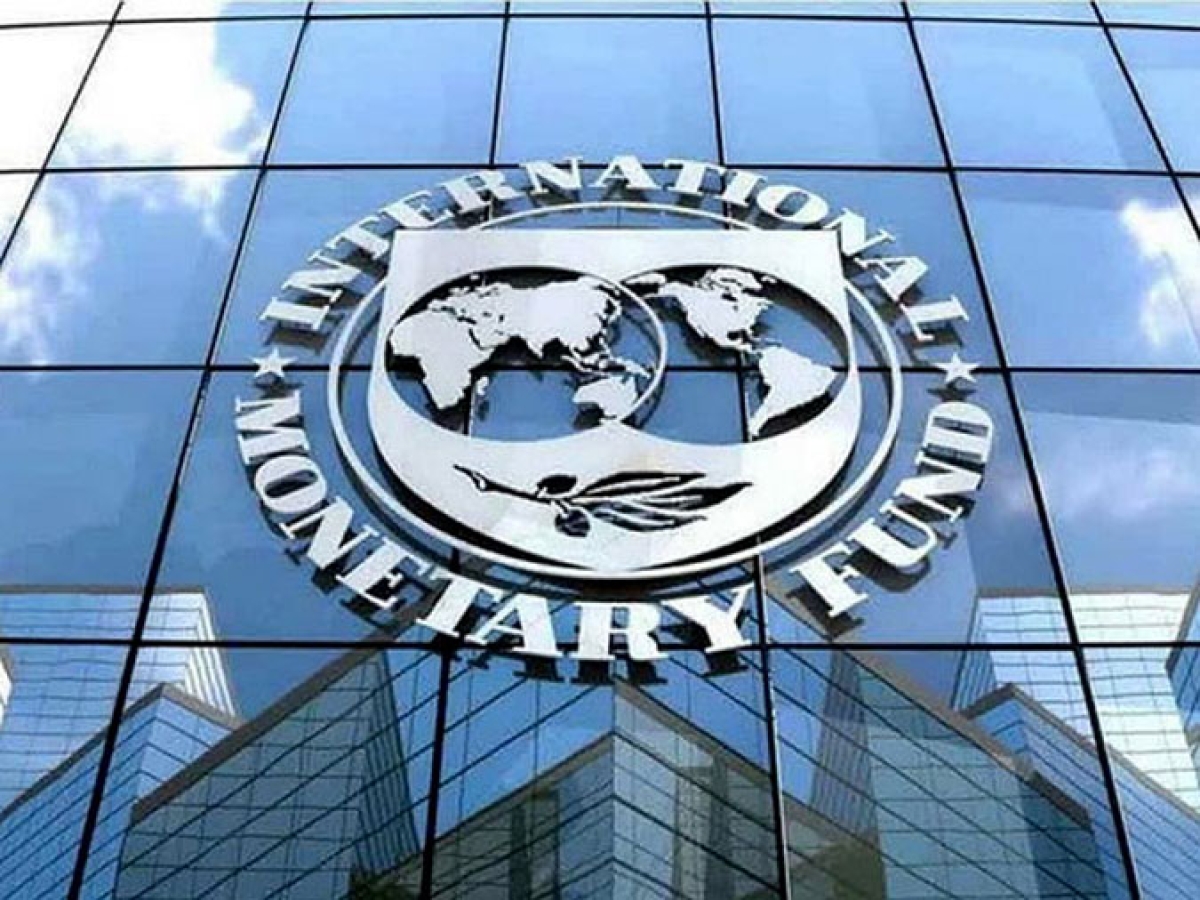Sri Lanka will begin taxing owner-occupied and vacant residential properties based on imputed, or 'imaginary,' rents starting April 2025. This move is described as part of an agreement with the International Monetary Fund (IMF) aimed at improving the country’s fiscal stability after it defaulted on its sovereign debt.
The imputed rents, calculated using a new property price register, will form the basis of the tax. A digital Sales Price and Rents Register (SPRR), to be established by March 2025, will be crucial for assessing property values and determining these imputed rents. This register will also enhance data-sharing among government entities.
To make the tax progressive, there will be exemption thresholds for smaller houses, with higher rates for more valuable properties. The new tax is expected to contribute 0.15% to the revenue-to-GDP ratio, supplementing existing municipal revenue streams.
This initiative comes amid existing challenges in the housing market, including high taxes on building materials. The IMF program also advocates for trade liberalization to address these constraints. Critics argue that such wealth-style taxes, which must be paid regardless of cash flow, can lead to decreased economic activity and potential population decline, as seen in places like Baltimore, USA.
Sri Lanka's broader fiscal reforms under the IMF program aim to increase revenues to 15% of GDP without cutting government spending, following a history of currency crises and economic instability.










